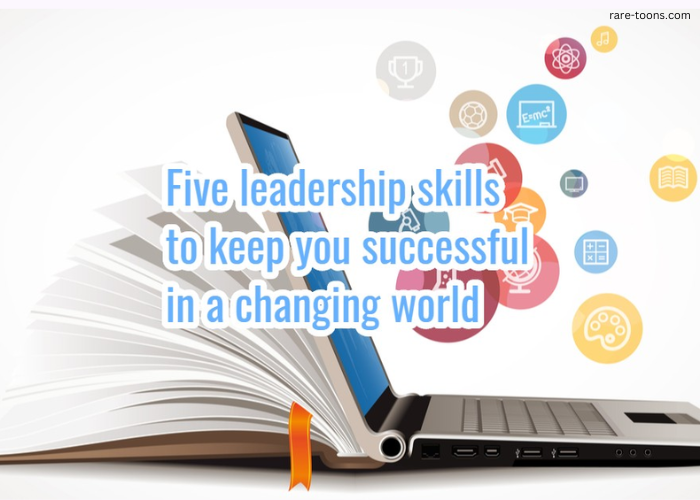In today’s dynamic global marketplace, the role of a business leader has never been more critical or multifaceted. Leaders must navigate an evolving landscape characterized by rapid technological advancements, economic uncertainties, and shifting societal expectations. To succeed, they need a robust skill set that adapts to the demands of an ever-changing world. Here are some essential skills for effective business leadership in the 21st century.
1. Visionary Thinking
A successful leader must have a clear vision for their organization’s future. This involves not only setting ambitious goals but also inspiring others to share and pursue that vision. Visionary leaders are forward-thinking, often anticipating trends and disruptions before they occur, enabling their organizations to stay ahead of the curve.
2. Emotional Intelligence (EI)
Emotional intelligence is the ability to understand and manage your emotions while also empathizing with others. Leaders with high EI can build strong relationships, foster trust, and create a positive workplace culture. They excel at conflict resolution and are adept at motivating their teams during challenging times.
3. Adaptability and Resilience
Change is a constant in today’s business environment. Leaders must be adaptable, embracing change rather than resisting it. Resilience—the capacity to recover quickly from setbacks—is equally important. These qualities enable leaders to guide their organizations through crises and emerge stronger.
4. Technological Savvy
In a world driven by digital transformation, leaders must possess a strong understanding of technology. While they don’t need to be technical experts, they should grasp how emerging technologies like artificial intelligence, blockchain, and data analytics can impact their industry and drive innovation.
5. Effective Communication
The ability to communicate clearly and persuasively is fundamental to leadership. Whether addressing a team, stakeholders, or the public, leaders must convey their ideas in a way that inspires confidence and fosters collaboration. Listening is also a critical component of communication, as it helps leaders understand diverse perspectives and make informed decisions.
6. Strategic Decision-Making
In an era of complexity, making sound decisions requires a blend of analytical skills, intuition, and experience. Leaders must evaluate risks, weigh opportunities, and make choices that align with their organization’s long-term objectives. Incorporating input from diverse teams can enhance the decision-making process by providing a range of insights.
7. Commitment to Diversity, Equity, and Inclusion (DEI)
Modern leadership demands a commitment to building inclusive workplaces. Leaders who champion diversity, equity, and inclusion not only create fairer environments but also benefit from the innovation and creativity that diverse teams bring. Such leaders actively work to eliminate bias and ensure everyone has a voice.
8. Lifelong Learning
The pace of change in the business world necessitates continuous learning. Successful leaders stay curious, seek new knowledge, and embrace opportunities for professional growth. This mindset not only keeps them relevant but also sets an example for their teams to follow.
9. Ethical Leadership
Integrity and ethical behavior are non-negotiable in effective leadership. Trust is a cornerstone of any successful organization, and leaders must consistently demonstrate honesty, accountability, and a commitment to doing what’s right.
Conclusion
Leadership in a changing world requires more than traditional management skills. It demands a dynamic and versatile approach, blending emotional intelligence, adaptability, and a commitment to innovation. By cultivating these essential skills, business leaders can navigate uncertainty, drive their organizations forward, and make a meaningful impact in an increasingly interconnected and complex world.

